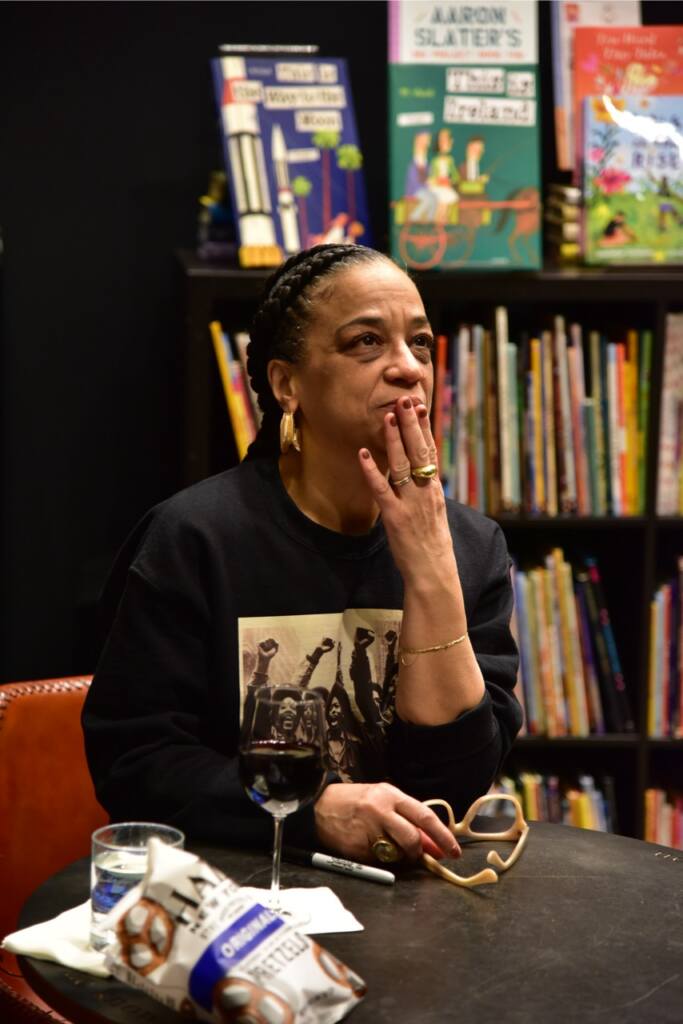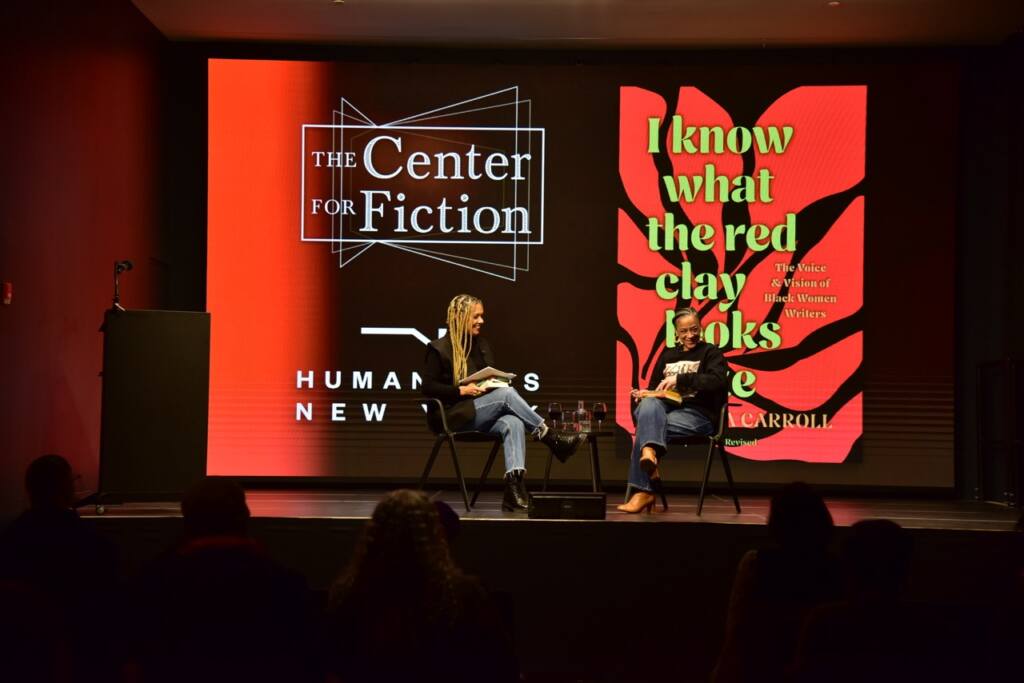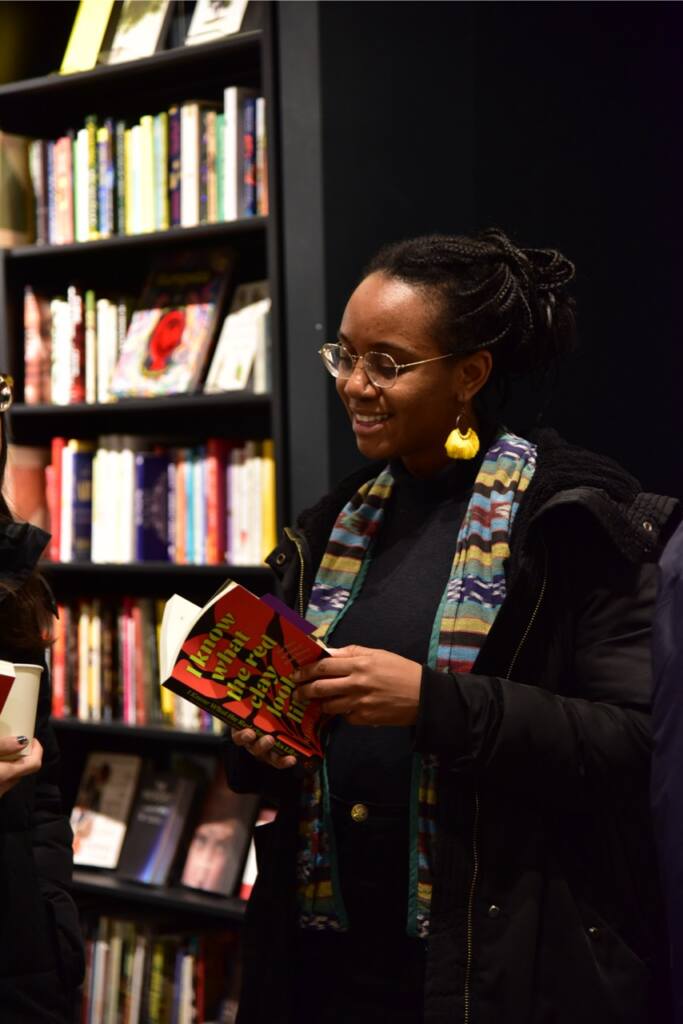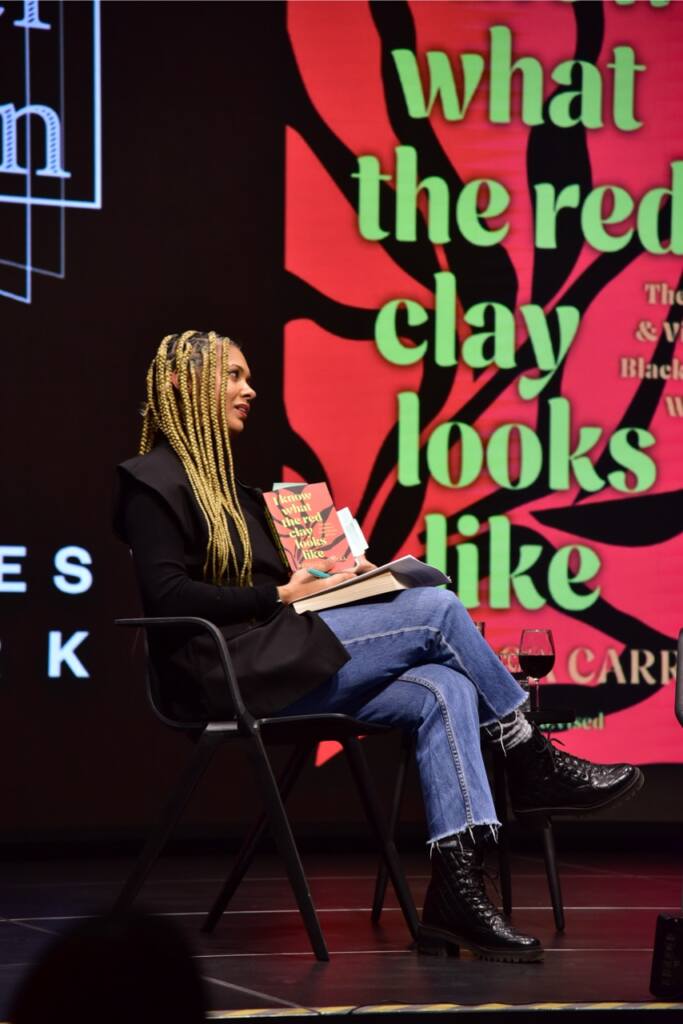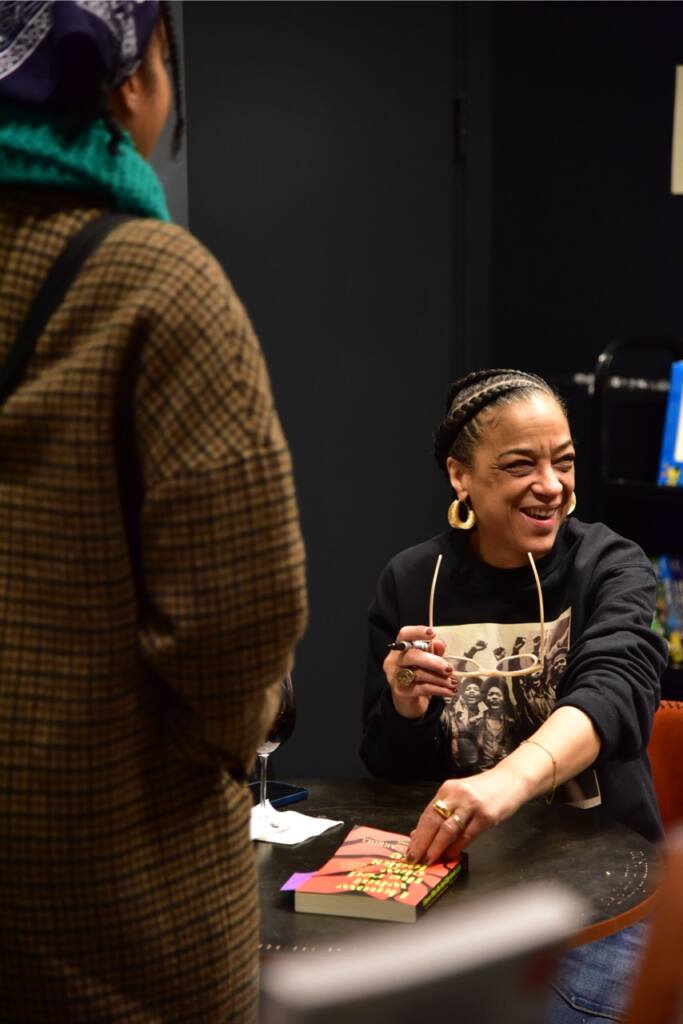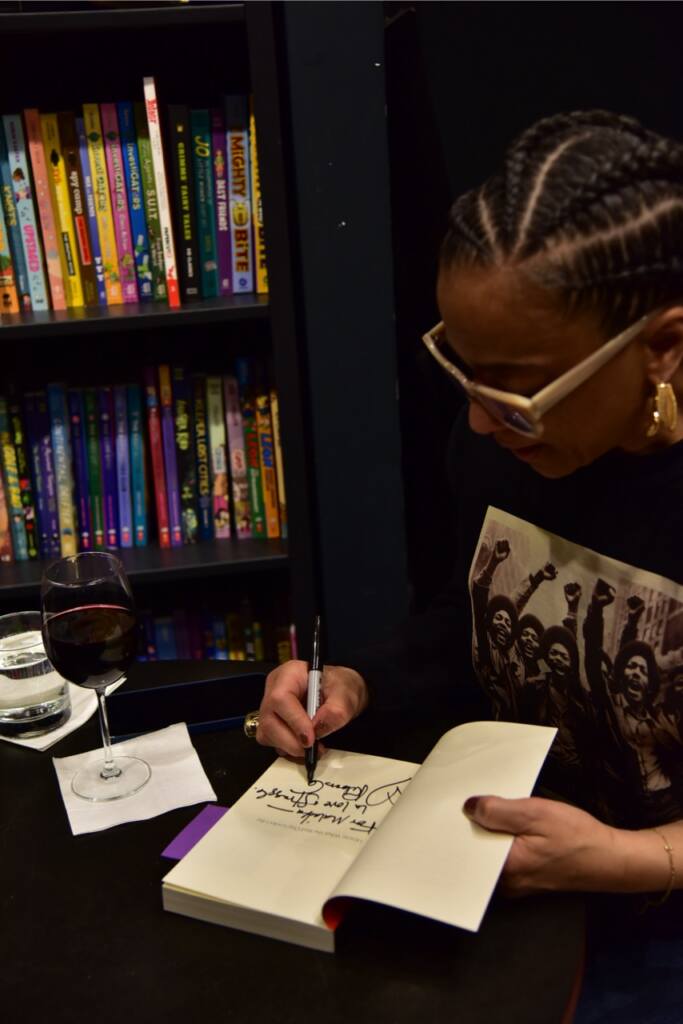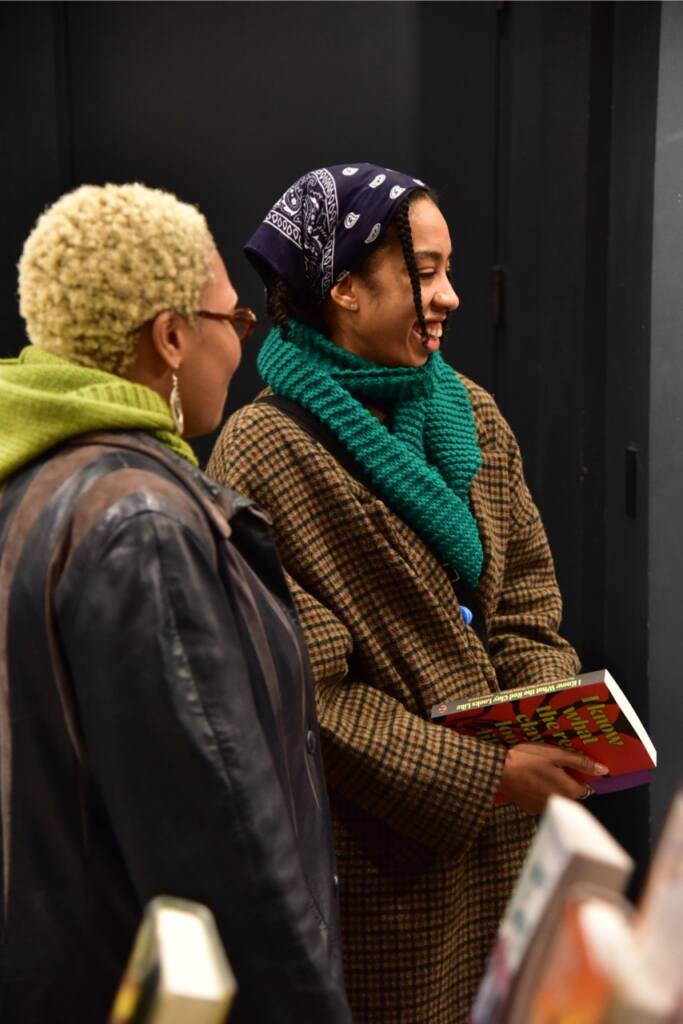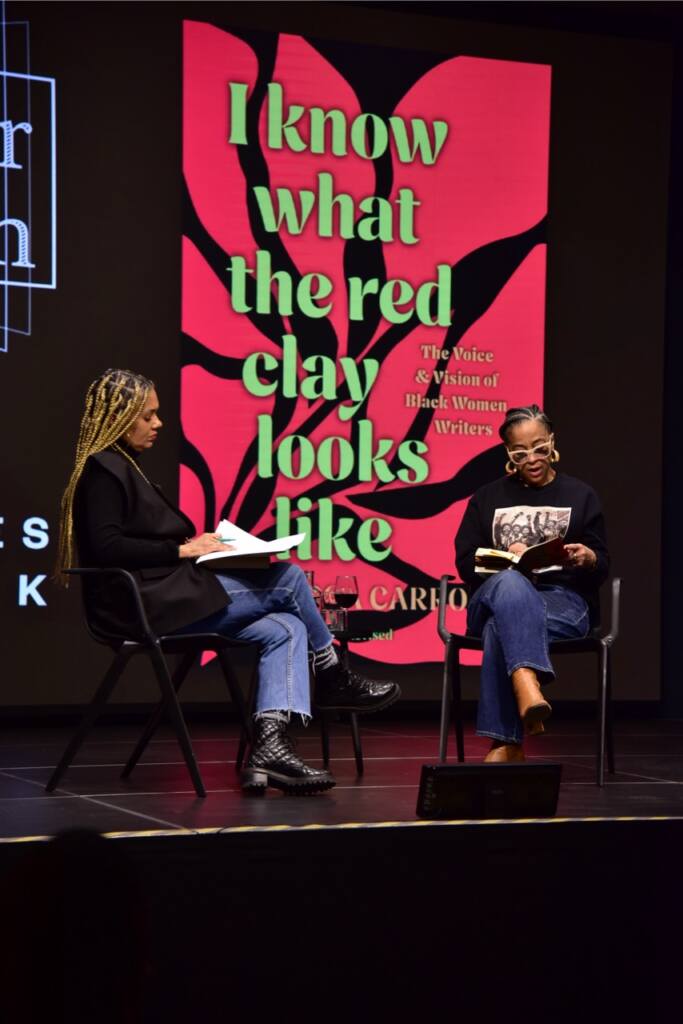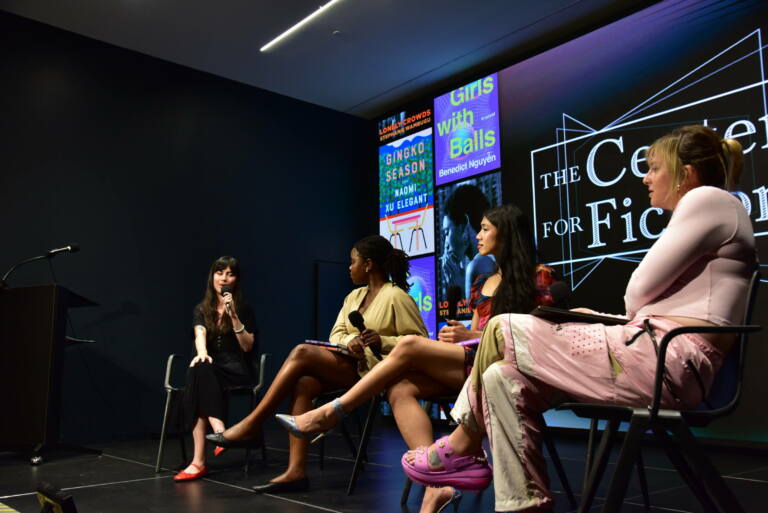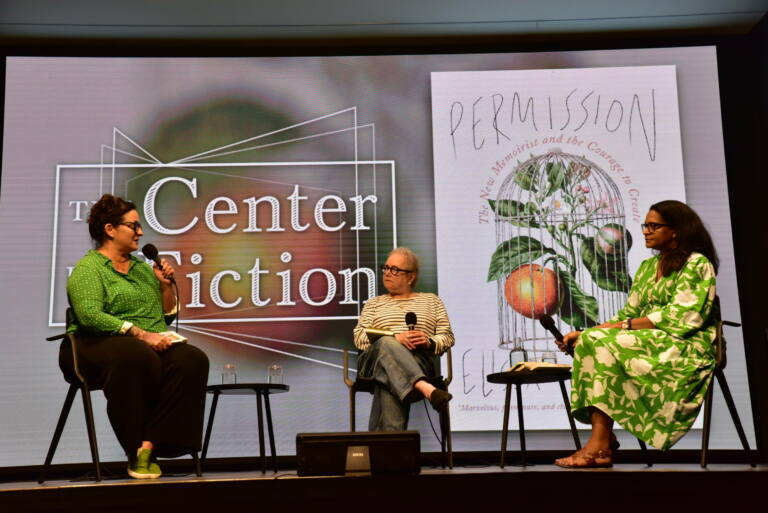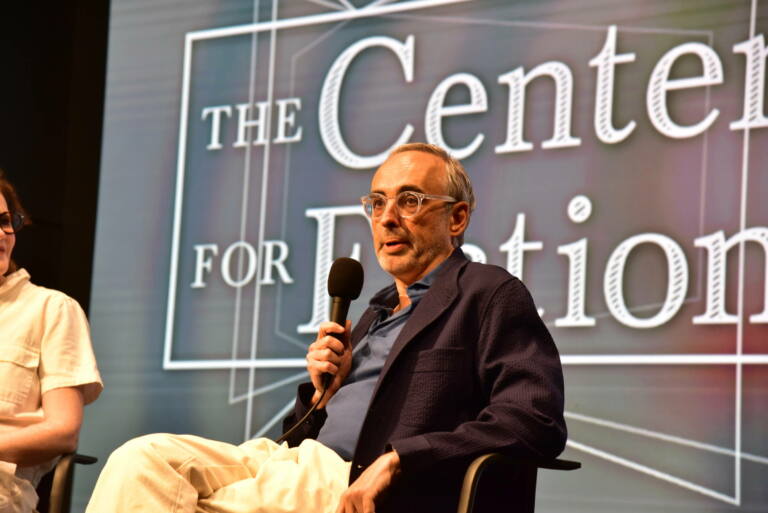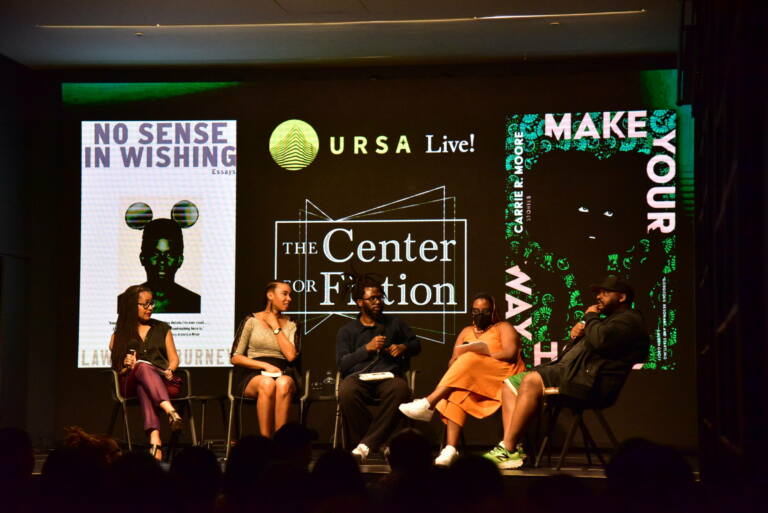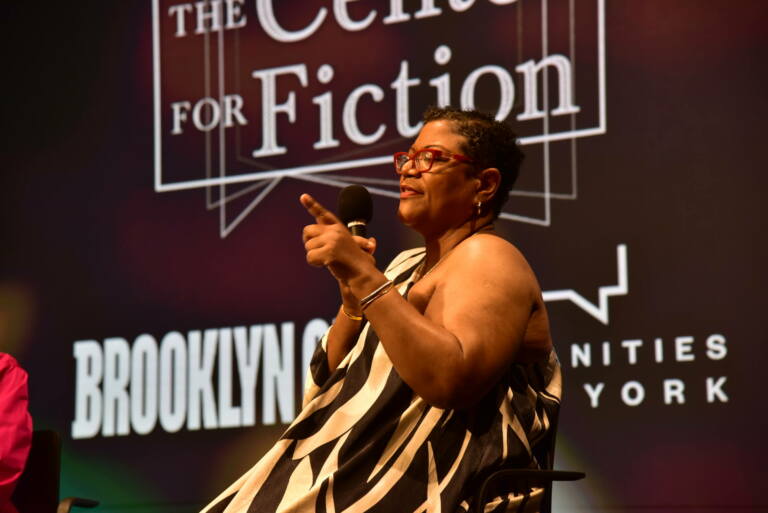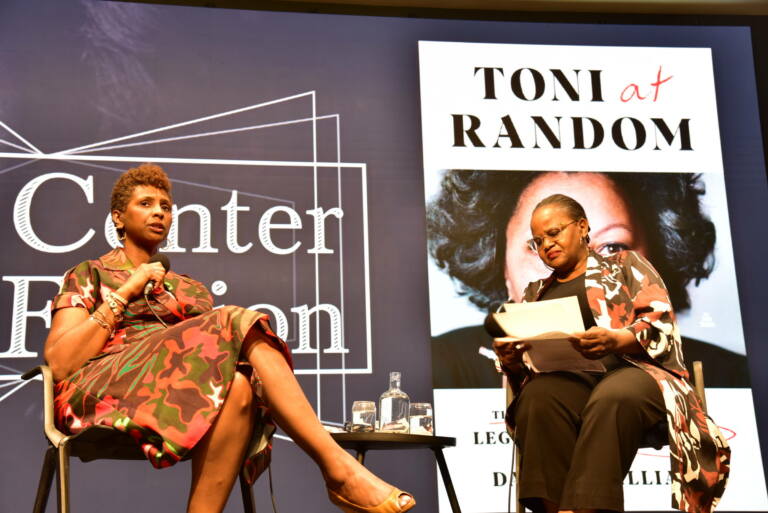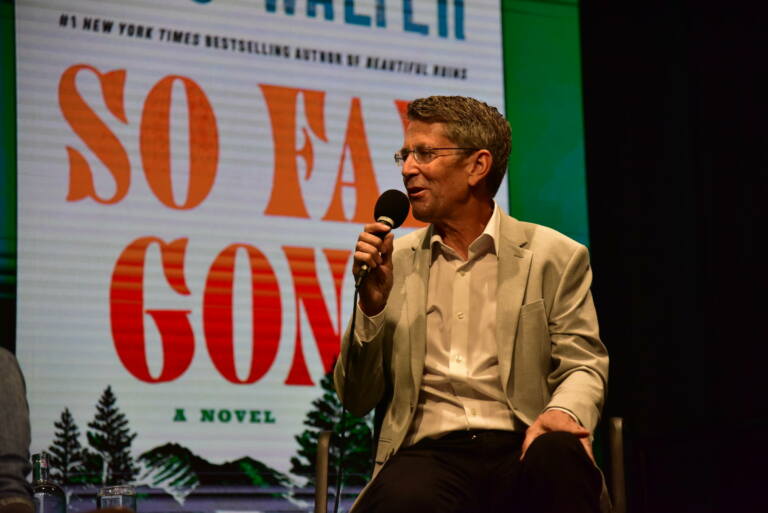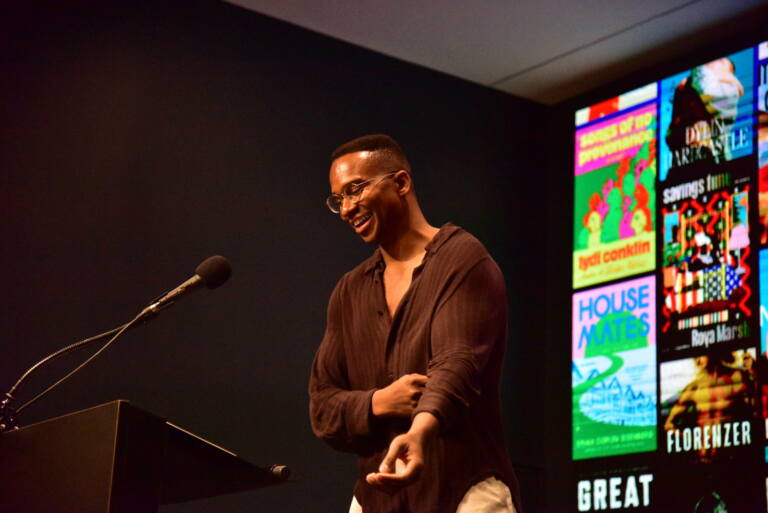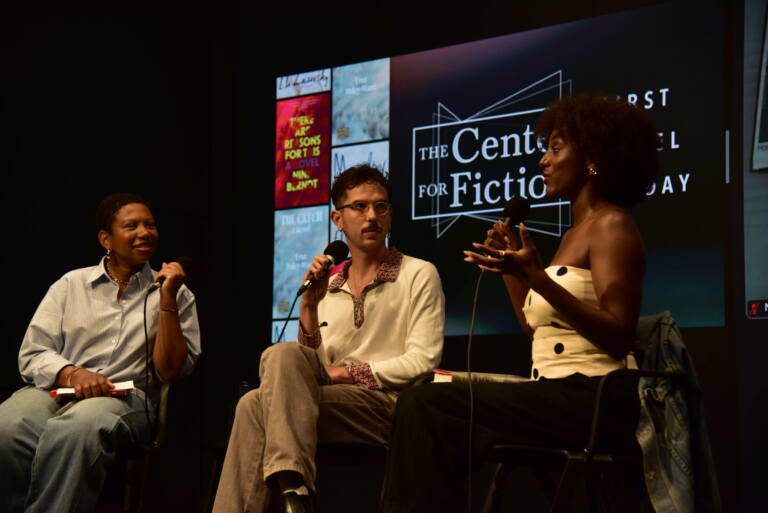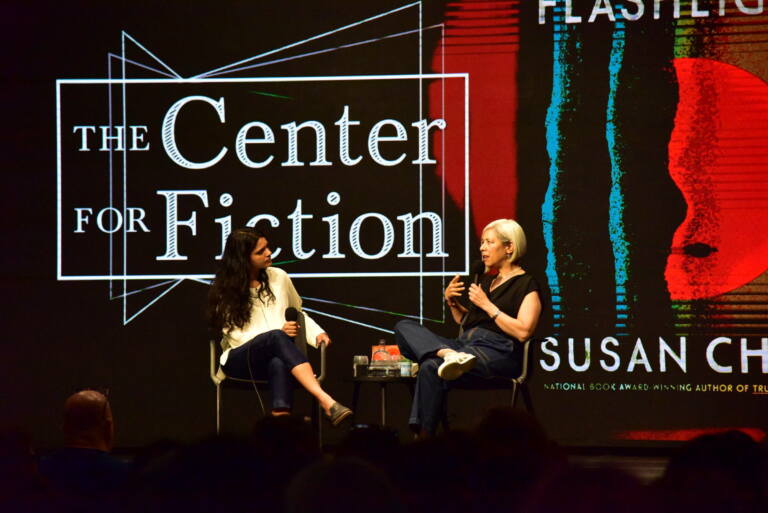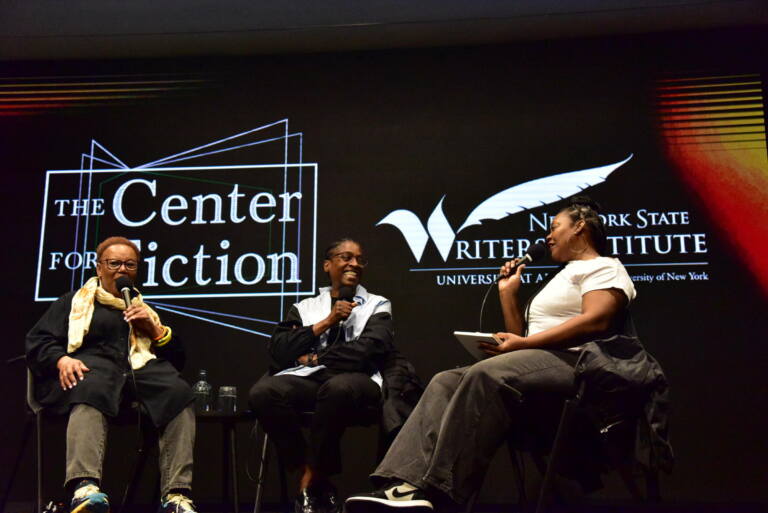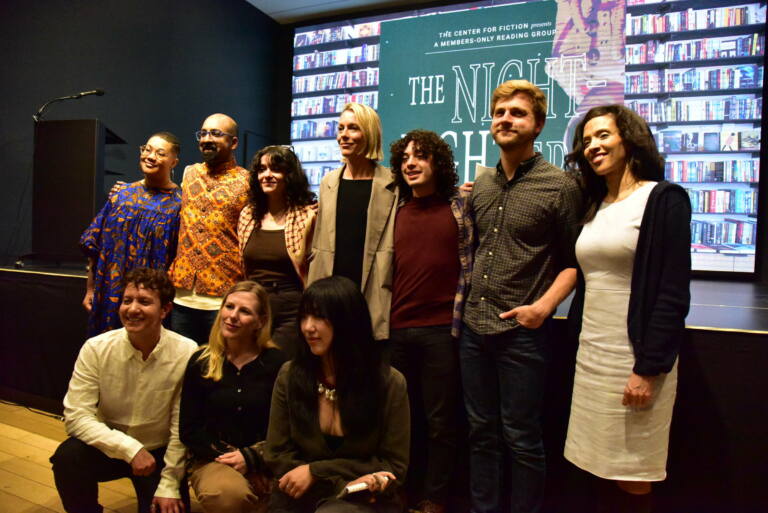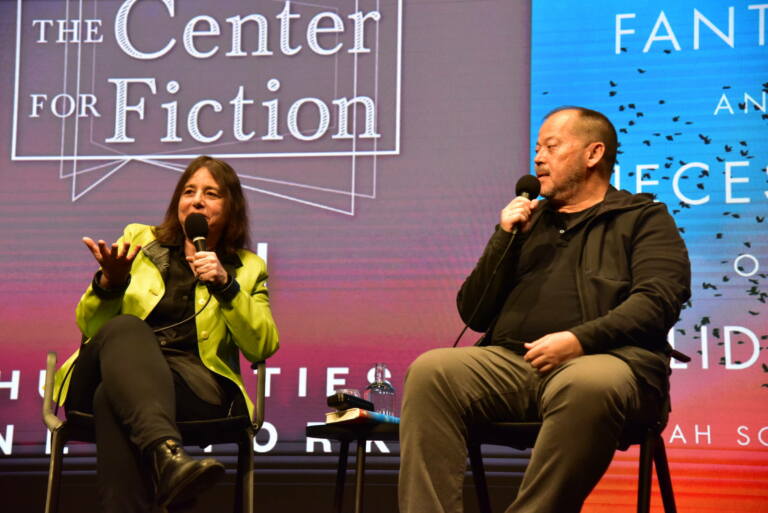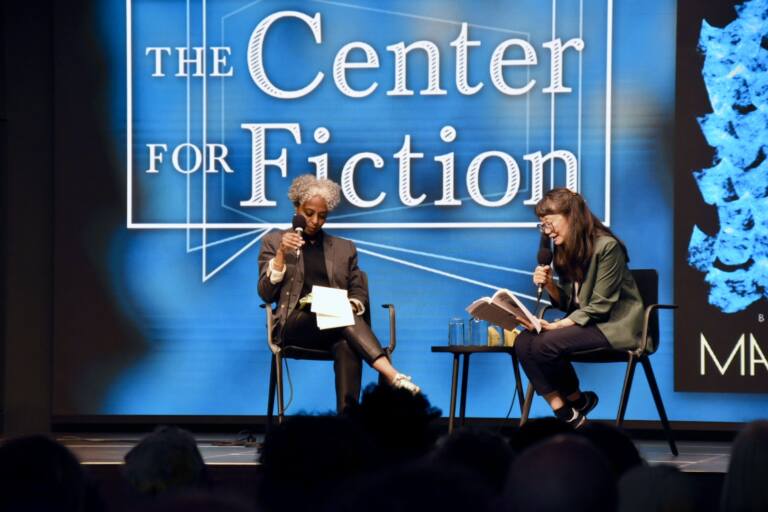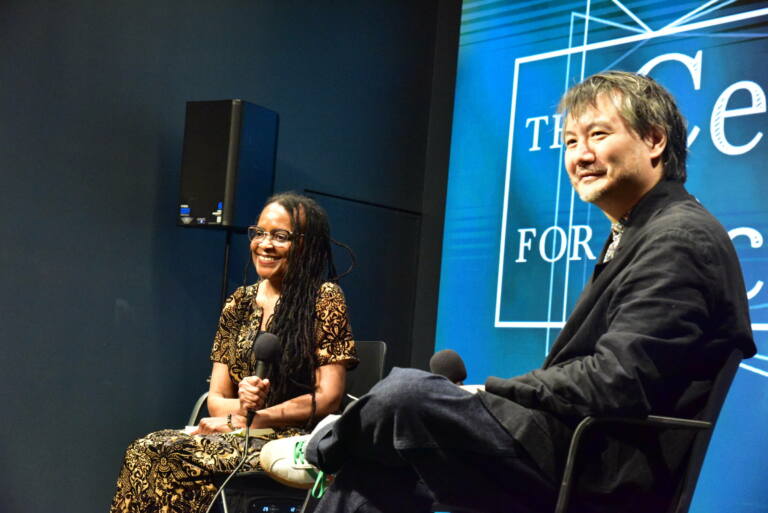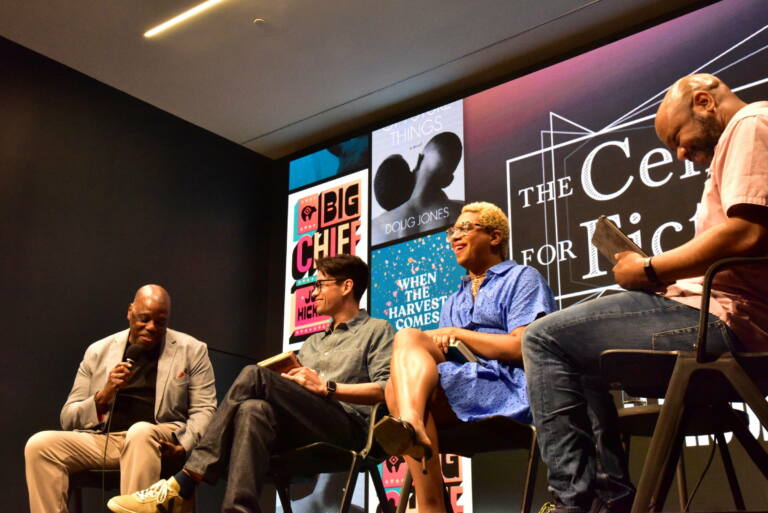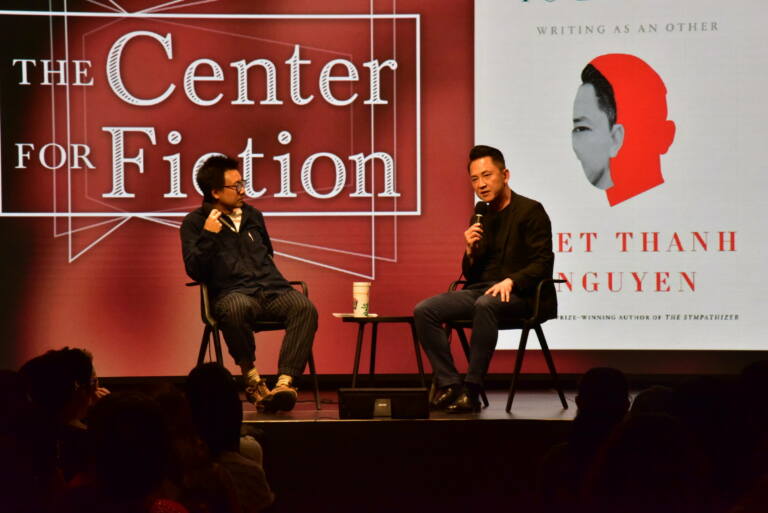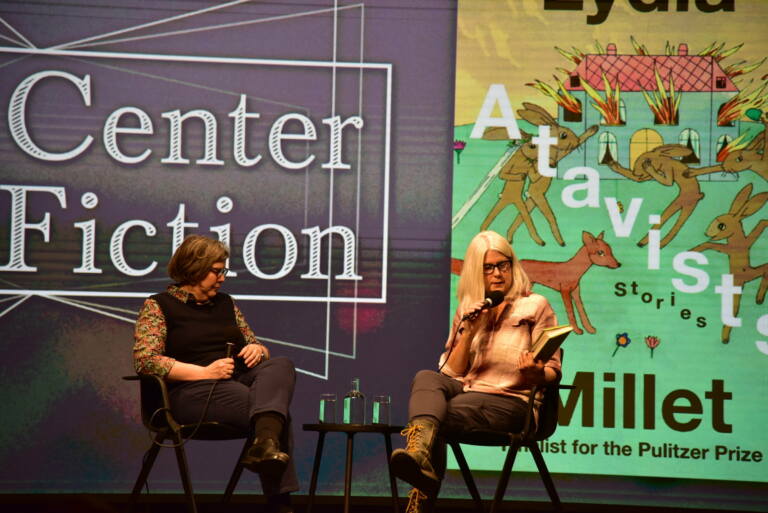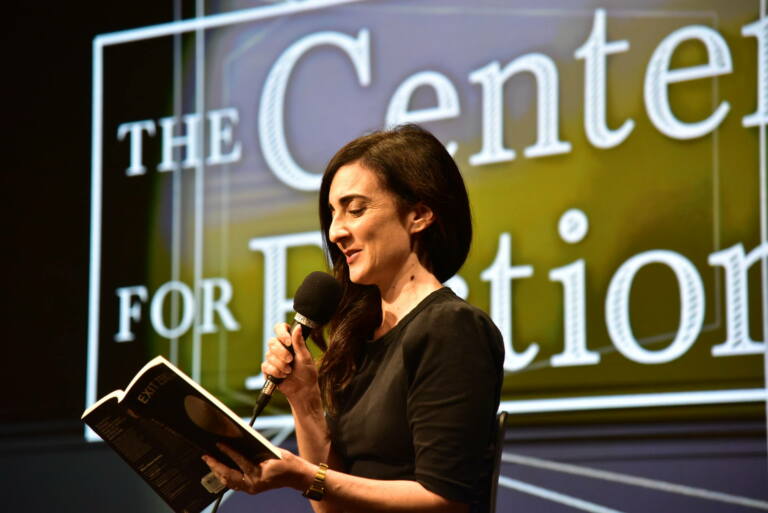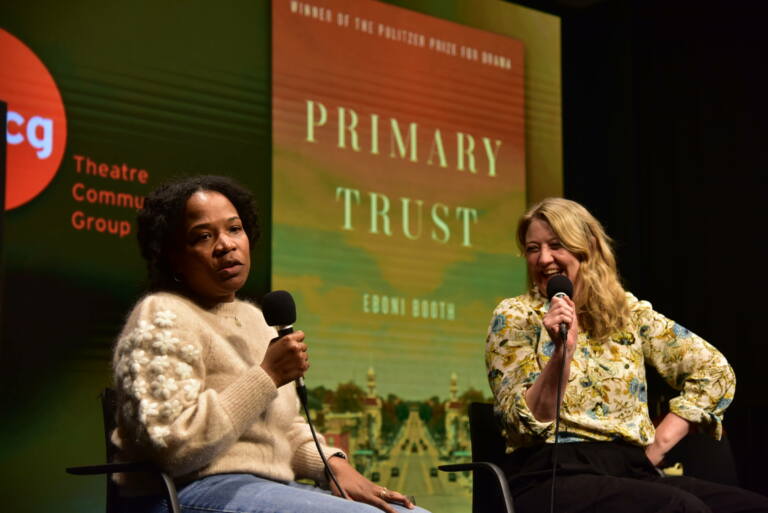February 11, 2025
The first edition of I Know What the Red Clay Looks Like, published in 1994, remains a fundamental collection of Black feminist thought at the intersection of the personal and the political. Rich with compelling interviews and excerpts conducted and curated by writer and cultural critic Rebecca Carroll, the words of luminaries like Rita Dove, Pearl Cleage, Barbara Neely, and June Jordan still ring true today.
Thirty years later, Carroll reignites I Know What the Red Clay Looks Like with an expanded and revised edition that presents the original conversations alongside introductions to a new generation of Black women writers musing on life, relationships, joy, gratitude, wellness, and self-preservation. The words of Donika Kelly, Safiya Sinclair, Chanda Prescod-Weinstein, and many others illuminate the original texts with heart, rigor, gratitude, and radical imagination.
The Center for Fiction is thrilled to have welcomed Carroll in conversation with award-winning editor Cori Murray to lift up this chorus of voices across time as they explore the intersections of politics and art-making along the lines of race, gender, sexuality, and class. This was a can’t-miss dialogue-on-dialogue celebrating the literary lineage of Black feminism.
Featured Book
-
.
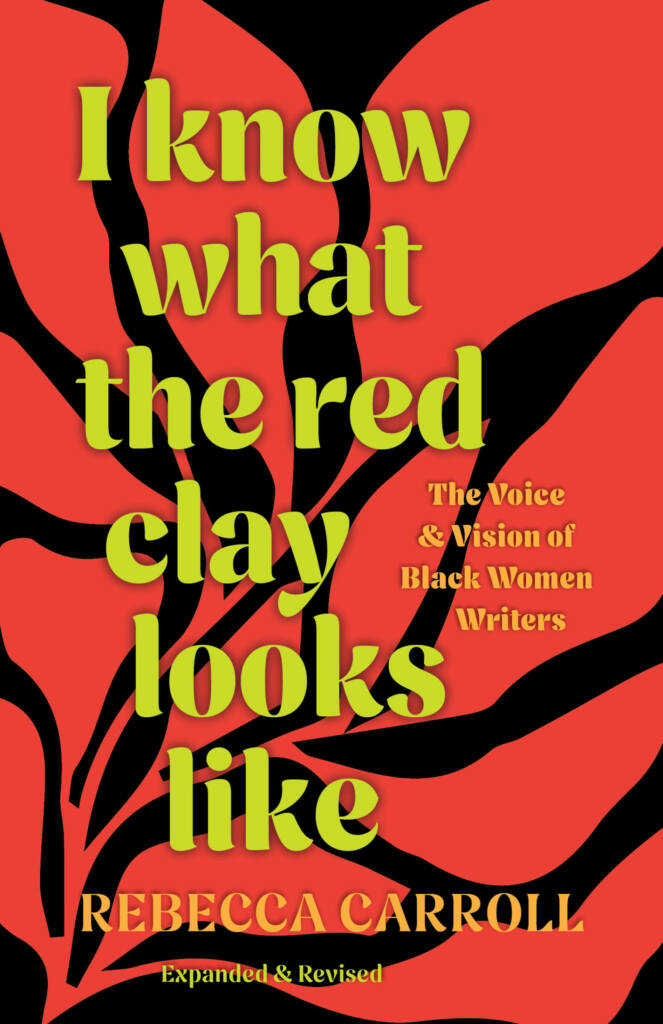
I Know What the Red Clay Looks Like: The Voice and Vision of Black Women Writers (Expanded and Revised Edition)
By Rebecca Carroll
Published by Haymarket Books
The first edition of I Know What the Red Clay Looks Like, published in 1994, remains an essential text for readers of Black feminist literature in all genres. Featuring interviews with and excerpts by writers like Rita Dove, Pearl Cleage, Barbara Neely, June Jordan, and others, this indispensable work speaks to the intersections of politics and art-making along the lines of race, gender, sexuality, and class.
Now, writer and cultural critic Rebecca Carroll presents the original conversations alongside personalized introductions by some of the brightest voices in today’s literary world, including Donika Kelly, Safiya Sinclair, Diamond Sharp, and Chanda Prescod-Weinstein, among others. This new edition also includes an introductory poem by Morgan Parker, a foreword by Salamishah Tillet, and a new author’s note. The new contributors carry the torch of the original interviewees’ lives and words with heart, rigor, gratitude, and radical imagination, illuminating how these conversations are about more than just writing—they are about life, relationships, joy, gratitude, wellness, and self-preservation.
I Know What the Red Clay Looks Like is a book unbound by time, lifting up a chorus of past and present voices. Paying homage to a historic lineage of Black feminist writers and their impact on our current literary landscape, it is a book by and for the storytellers, the poets, the playwrights, the dreamers, and all readers interested in what it means to make art within and from marginalized spaces.
In Conversation
-
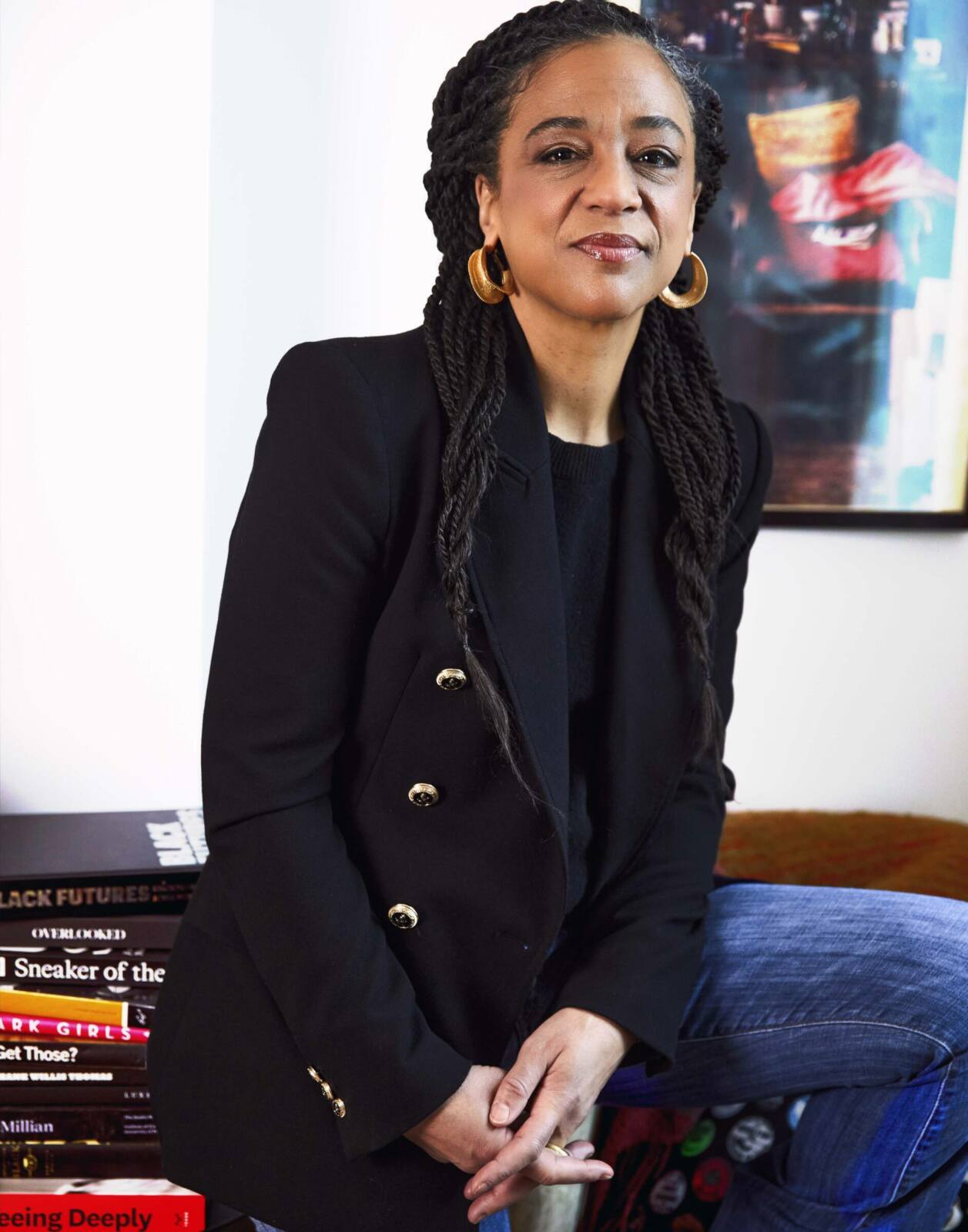
Rebecca Carroll
Rebecca Carroll
Rebecca Carroll is a writer, cultural critic, and host of the podcasts Come Through with Rebecca Carroll: 15 conversations about race in a pivotal year for America and the award-winning Billie Was a Black Woman. Rebecca’s writing has been published widely, and her critically acclaimed memoir, Surviving the White Gaze, has been optioned by Killer Films with Rebecca attached to write and develop for episodic TV. She is the creator, curator, and executive producer of In Love and Struggle, a live and audio event series that centers the lived experiences of Black women and nonbinary people through monologues, music, and humor. The series is a co-production with The Meteor media collective, where Rebecca serves as Editor-at-Large.
-
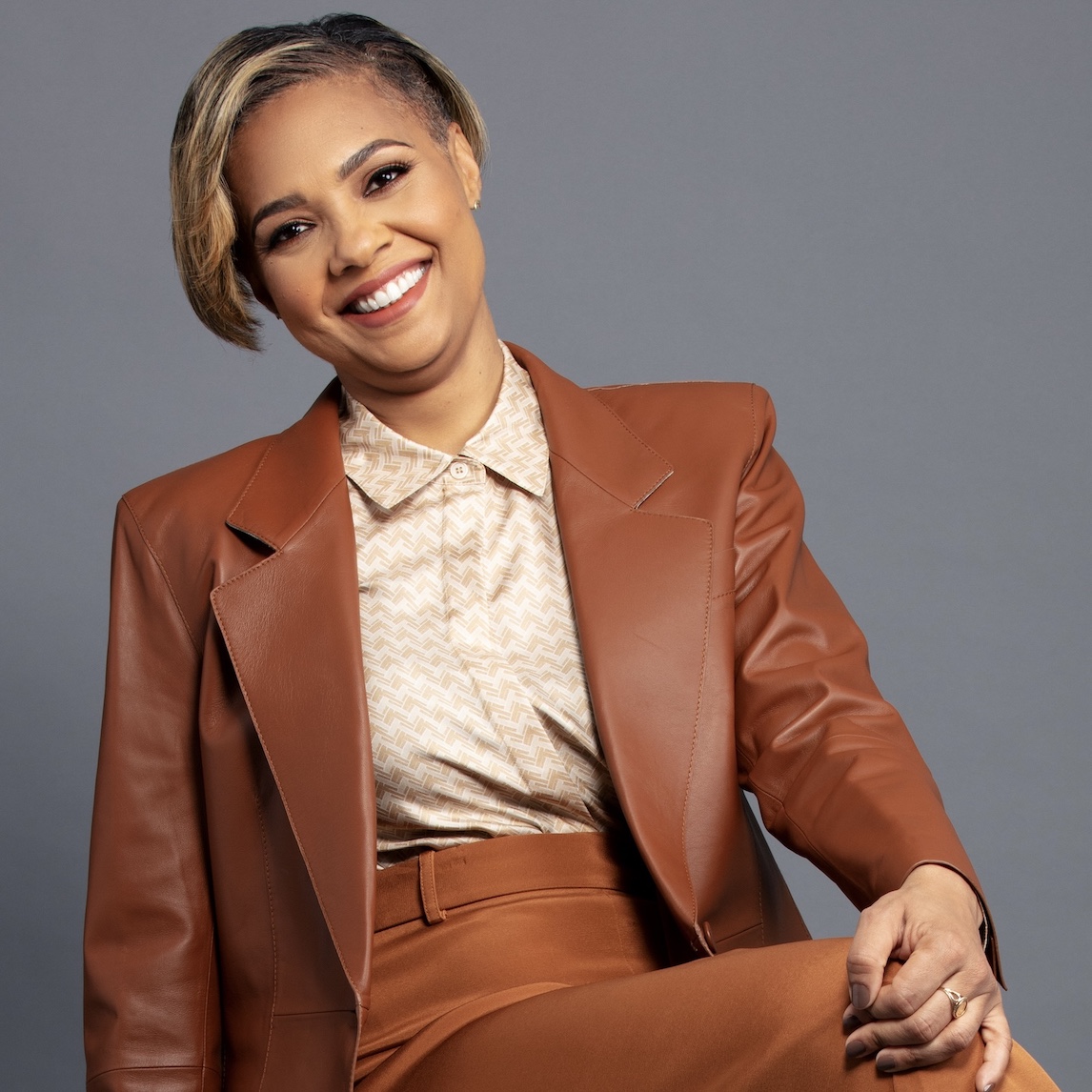
Cori Murray
Cori Murray
Cori Murray is an award-winning editor and the former deputy editor of ESSENCE. She’s a respected journalist, who covers entertainment, women’s lifestyle and travel for many outlets including PopSugar, the Hollywood Reporter, Marie Claire, InStyle, emmy and EBONY. She’s been featured as a cultural critic for Good Morning America 3, where she spoke about Beyonce’s Texas influence on Cowboy Carter, and serves as a judge for the Society of Features Journalism.
